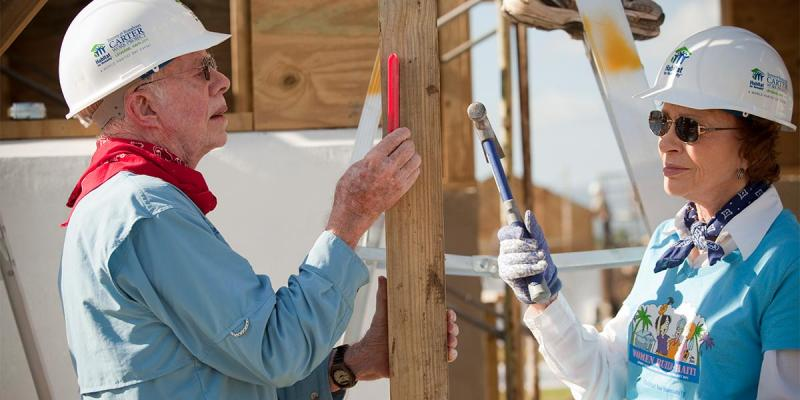This week it seemed that with the Inauguration of President Trump politics was in the air even more than usual. I shared a sermon series on politics on October 6, 13, & 20 last Fall called, “Talking about the dreaded word.” Check it out at vimeo.com/chainoflakes
Talking faithfully and respectfully about politics is very important for us as a community of faith. I get it—many don’t want to talk about politics and certainly don’t want politics to be discussed in a church. In my work as a preacher, I have been accosted many times after a sermon by someone who was upset that my sermon was “political.”
However when we don’t have conversations about something as important as politics, we’re diminishing ourselves as people.
Most of the time I think of conversations that many would describe as political as really being about our ethics and world view.
In the sermon series from this past Fall I wondered how Jesus would talk about politics if he was alive in our day. In the series I shared that I believed when talking about politics Jesus would
1)
talk about the Kingdom of God;
2)
give his followers tools to talk about this topic in a healthy way with
others;
3)
talk about the Golden Rule—do unto others as you would have them do unto you.
I get it—this is hard.
The way a person votes has no bearing on whether the person will be accepted at Chain of Lakes Church. To say that only a person who votes more left or more right makes that person a Christian or is accepted at Chain of Lakes would be a violation of our Core Values, particularly the Core Value of Acceptance.
A very challenging topic is what we do with our Social Media feeds.
In the past week I’ve read Social Media feeds of people who are very happy about the new Administration; and I’ve read feeds of people who are sad and very angry. Often the people who comment on a post or feed agree with the politics of the person who made the original post.
On Tuesday I shared a clip on my own Facebook feed of Rev. Mariann Budde, the Episcopal bishop of Washington sharing her thoughts with President Trump at a worship service at the National Cathedral. In the clip she pleaded with President Trump to treat people in the LGBTQ community and the people living in the United States who are not citizens with mercy.
I was very touched by her statement for many reasons. One reason is I can imagine how hard it would be for me to share the words she did in a worship service with President Trump and Vice-President Vance. No matter what your political views, can we agree that she was a role model of courage?
And I also get it that I highly doubt that Bishop Budde voted for President Trump in the last election.
What’s most important to me about her statement is one simple question.
Is it political to share
mercy?
Set the timer on your phone for thirty seconds and reflect on this question.
After I did this, my answer to the question is, “no.” Mercy is an attitude and/or action rooted in morality.
At Chain of Lakes I want us to share mercy with everyone who participates in our community. Share mercy in our thoughts and actions for the people who voted differently than us, with the people who voted the same, and go out of our way to share mercy with those who are quite vulnerable in our country—the people who I believe Jesus would go out of his way to extend mercy.








